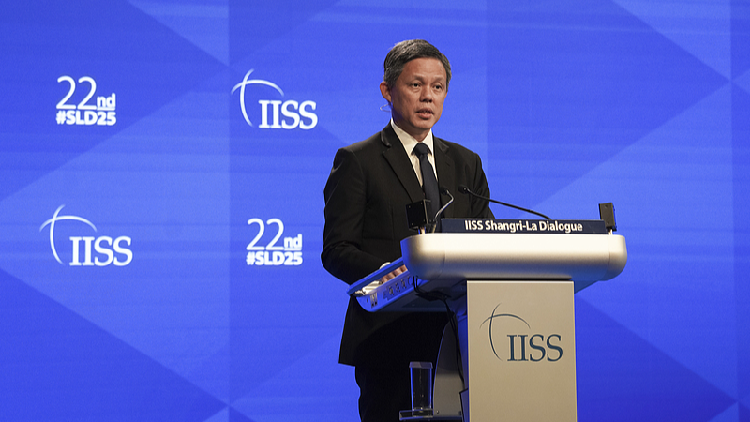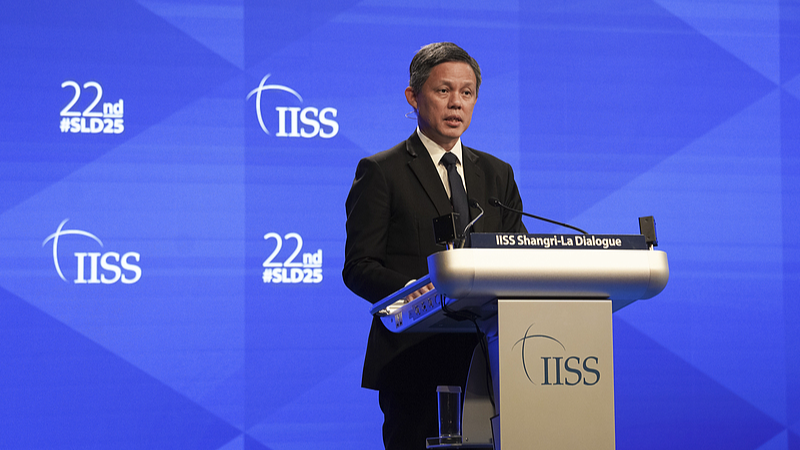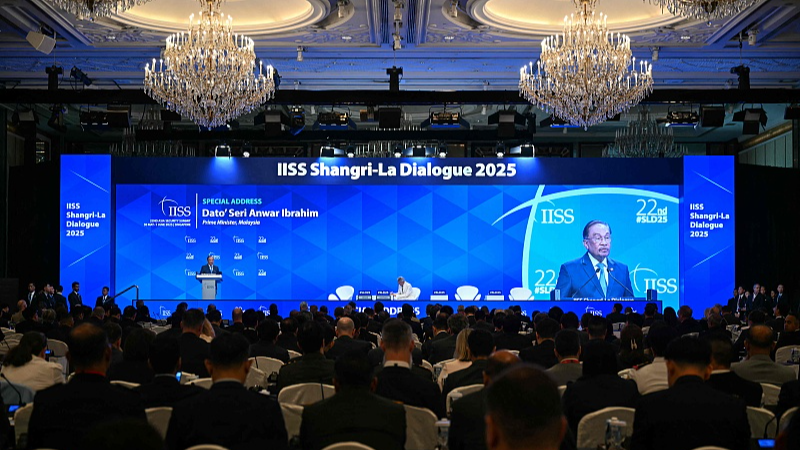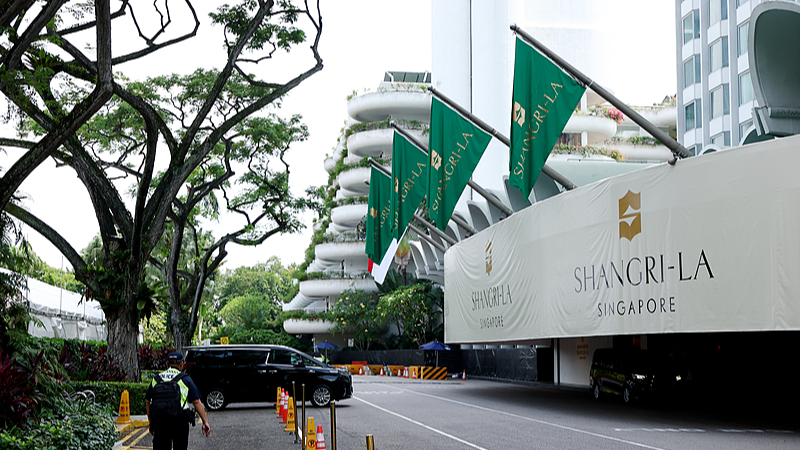ASEAN Leaders at Shangri-La Dialogue Affirm Neutral Stance: "We Won't Choose Sides"
Singaporean Defense Minister emphasizes Southeast Asia's need to engage with both China and the U.S. amid geopolitical tensions.


At the 22nd Shangri-La Dialogue, held in Singapore over the weekend, leaders of Southeast Asian nations delivered a resounding message: the region will not be coerced into taking sides amid intensifying geopolitical competition. Speaking as the chair of ASEAN for 2025, Malaysian Prime Minister Anwar Ibrahim firmly rejected external pressures to align with any particular power bloc, emphasizing that the best interests of the region lie in partnership and balance.
Echoing this sentiment, Singapore's Defense Minister Chan Chun Sing addressed delegates on Sunday, stressing the importance of Southeast Asia's ability to engage with all global actors, including both China and the United States. "If we have to choose sides, may we choose the side of principles – principles that uphold a global order where we do not descend into the law of the jungle, where the mighty do what they wish and the weak suffer what they must," Chan said during his address, underscoring the need to maintain an inclusive, rules-based international system.
The statements from ASEAN leadership came just a day after U.S. Defense Secretary Pete Hegseth called on Asia-Pacific countries to significantly increase military spending – up to 5 percent of GDP – in response to perceived threats from China. The call triggered strong reactions from regional experts, who questioned the persuasiveness and practicality of such demands. Da Wei, director at the Center for International Security and Strategy at Tsinghua University, remarked that attempts by the U.S. to create divisions between China and ASEAN countries are unlikely to succeed, as these nations value sovereignty and independent foreign policies.

No to bloc confrontation
The issue of bloc confrontation was also central to discussions as Hegseth delivered a speech outlining the U.S. “Indo-Pacific Strategy.” The Chinese Foreign Ministry swiftly condemned his remarks, charging that the United States promotes a ‘Cold War mentality’ and fosters regional division through provocative rhetoric and policies. According to Meng Xiangqing, a professor at China’s National Defense University, the strategy has yielded little except rising tensions and instability throughout the Asia-Pacific.
Meng elaborated on the multifaceted approach of the Indo-Pacific Strategy, arguing it seeks to build competing military alliances like the Quad and AUKUS, isolate China technologically, encourage economic decoupling through trade restrictions, and impose values-based coercion. "This has artificially divided the Asia-Pacific region into competing blocs," he said, warning of the long-term consequences for regional peace.
Shen Chen, deputy director at the Institute of World Economics and Politics, said the intent behind the U.S. policy is to sustain its own dominance even if it comes at the cost of regional stability. "Its very purpose is to perpetuate U.S. dominance by sacrificing regional peace and stability for its own interests," Shen said, highlighting a growing skepticism among Asian nations regarding strategies of confrontation.

China's Asian security model: A better choice for region
In contrast to calls for heightened military expenditure and alliance-building, members of the Chinese delegation presented what they described as a more appropriate and sustainable approach to Asian security. Zhang Chi noted that China's Asian security model, introduced at a major conference in April, prioritizes dialogue, shared prosperity, and mutual respect. This model emphasizes finding common ground while managing differences, in pursuit of collective well-being.
According to Shen, the Chinese security approach stands in sharp contrast to the competitive, exclusionary model promoted by the United States. By fostering win-win cooperation and open consultation, the Asian security model aims to safeguard regional peace and prosperity, rather than fueling arms races or creating rigid blocs.
Criticism also mounted against the U.S. proposal for Asian countries to dramatically increase their defense budgets. Shen pointed out that such a move would serve primarily American strategic interests, while risking an arms buildup that could destabilize the region. "Most will remain clear-eyed about the U.S. demand's irrationality," Shen stated, expressing confidence that nations in the region prefer security partnerships rooted in peace and collaboration over militarization.
As the Shangri-La Dialogue concluded, the prevailing message from Southeast Asian leadership was clear: the path to lasting security and prosperity lies in rejecting divisive confrontations and embracing multilateralism, dialogue, and practical cooperation. The coming year under Malaysia’s ASEAN chairmanship is expected to further test the resilience of this stance as geopolitical competition shows no signs of abating.




